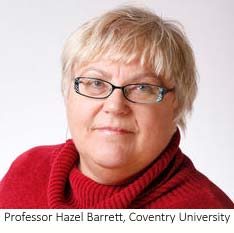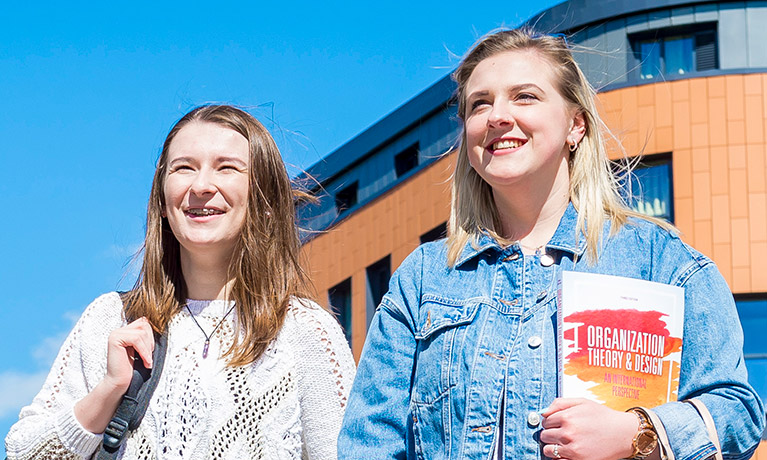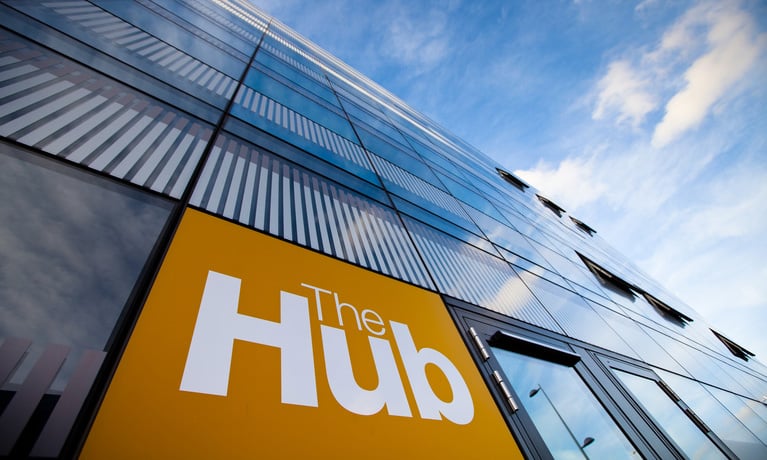Search
Coventry University launches new app to tackle FGM
Monday 06 July 2015
Press contact
 Researchers at Coventry University have created a new app, endorsed by the National Society for the Prevention of Cruelty to Children (NSPCC), to help protect young girls and women from female genital mutilation (FGM).
Researchers at Coventry University have created a new app, endorsed by the National Society for the Prevention of Cruelty to Children (NSPCC), to help protect young girls and women from female genital mutilation (FGM).
Funded by donations from the Pamela Barlow, Eleanor Rathbone and 1970 Charitable Trusts, the free to use app called ‘Petals’ is the first of its kind to be developed in the UK and will be demonstrated at a special event taking place in Coventry on Wednesday 8 July.
Female genital mutilation, which is sometimes called female genital cutting, female circumcision or sunna refers to procedures that intentionally alter or cause injury to the female genital organs for non-medical reasons. The practice has been illegal in the UK since 1985 but is a growing problem across the country.
At a local level, Coventry City Council has been working with health professionals, members of affected communities and other stakeholders on a formal pledge to end the practice within the city and its surrounding areas. It is the first and only local government authority to take an integrated approach to tackling FGM and a full council motion to condemn the practice has been supported.
It is anticipated that the new app, developed jointly by experts at Coventry University’s Centre for Communities and Social Justice (CCSJ) and its Centre for Excellence in Learning Enhancement (CELE), will prove to be a valuable resource in the fight against FGM.
The app, which works across most mobile devices such as smartphones, tablets and lap tops via an internet browser, is aimed primarily at young girls living in affected communities and at risk from FGM. But it can also be used as an educational tool to teach young people and others the facts and realities of FGM.
With the school summer holidays approaching, the app’s launch is timely as this is the point in the year when girls at risk may be sent to their heritage countries for the procedure to be carried out or cut here in the UK. Out of contact from their teachers and classmates for several weeks, by the time they return to school the outward signs that they have suffered FGM may be less apparent.
The app’s content includes information about FGM, personal stories from those who have been affected, links to educational films, a quiz and tips on how to get involved in campaigning to end the practice. It also provides details of where those affected or at risk can go to get help and advice and it enables users to access the NSPCC's National FGM Helpline at the touch of a button.
Maintaining personal confidentiality and safeguarding potentially vulnerable users was integral to the app’s design and it has been developed with built in privacy features. The developers trialled the app with pupils at the Sidney Stringer Academy in Coventry to ensure the content, language, look, feel and functionality was appropriate amongst those of similar age to many of the intended audience.
Professor Hazel Barrett from Coventry University’s Centre for Communities and Social Justice is an international leading authority on FGM and played a significant role in the development of the app. She said:
It’s an unpleasant reality that FGM is being carried out in the UK and we have to tackle this problem head on. Education and prevention are the best long-term ways of combatting the practice so we’re pleased to have developed this new app, which we believe has the potential to help girls and women within the region and across the country who are under the threat of, or living with the consequences of FGM.
Cllr Alison Gingell, chair of Coventry’s health and wellbeing board, said that the app was evidence of the commitment the city has to tackle the issue of FGM. She said:
FGM is happening in Coventry and that’s why we have made a pledge to tackle the issue through a range of approaches. There is a lot of support in Coventry and the more that we can bring the issue out into the open then it empowers victims, young people, school teachers, hospital staff, and residents to understand how to discuss and report concerns.
The Petals app is being unveiled ahead of the local launch in Coventry at a meeting in London tomorrow at which Nicky Morgan MP, Secretary of State for Education and Karen Bradley MP, Minister for Preventing Abuse and Exploitation will be amongst those in attendance.
The event in Coventry, at which council leader Anne Lucas, city councillors, local aid groups, schools, charities and other key stakeholders will be attending, is taking place from 1.30pm to 3.30pm on Wednesday 8 July at the Council House in the city centre.
Female genital mutilation (FGM)
It has been estimated that over 20,000 girls under the age of 15 are at risk of female genital mutilation in the UK each year, and that some 66,000 women in the country are living with its consequences. But due to the "hidden" nature of the crime, the true extent of FGM is unknown so the problem may well be more widespread.
(Information from the NHS Choices website)
Between April and September 2014, 35 women from a total number of 3,181 who accessed University Hospital Coventry and Warwickshire (UHCW) midwifery services had been affected by FGM. Presentation to UHCW midwifery services by women who have been affected by FGM is approximately 1-2% of all deliveries; the national prevalence is 1.5%. Evidence suggests that for these women there may be an increased risk of childbirth complications and new-born deaths. For those mothers who have undergone FGM there is also the potential risk that their female children will also undergo the procedure.
(Chair’s report to Coventry health and wellbeing board, 10 November 2014)








